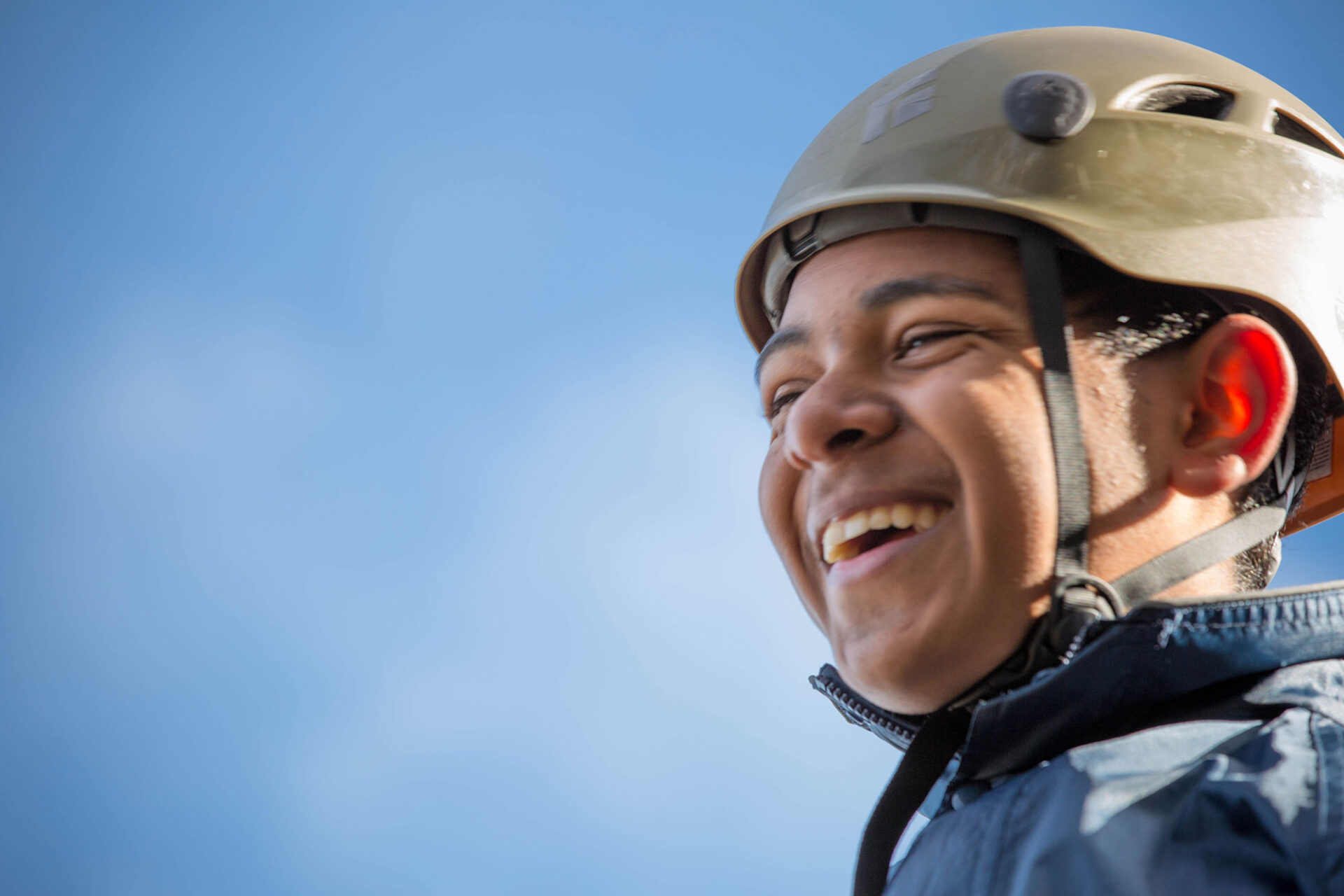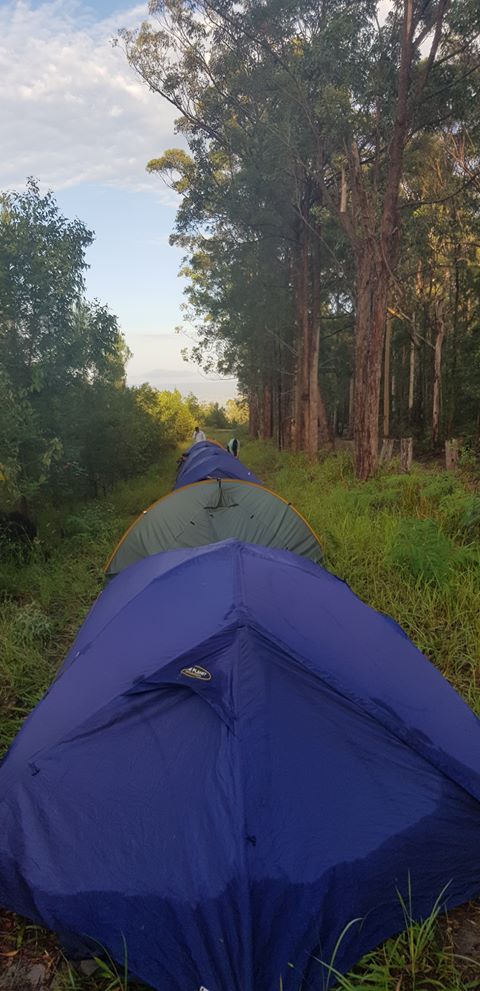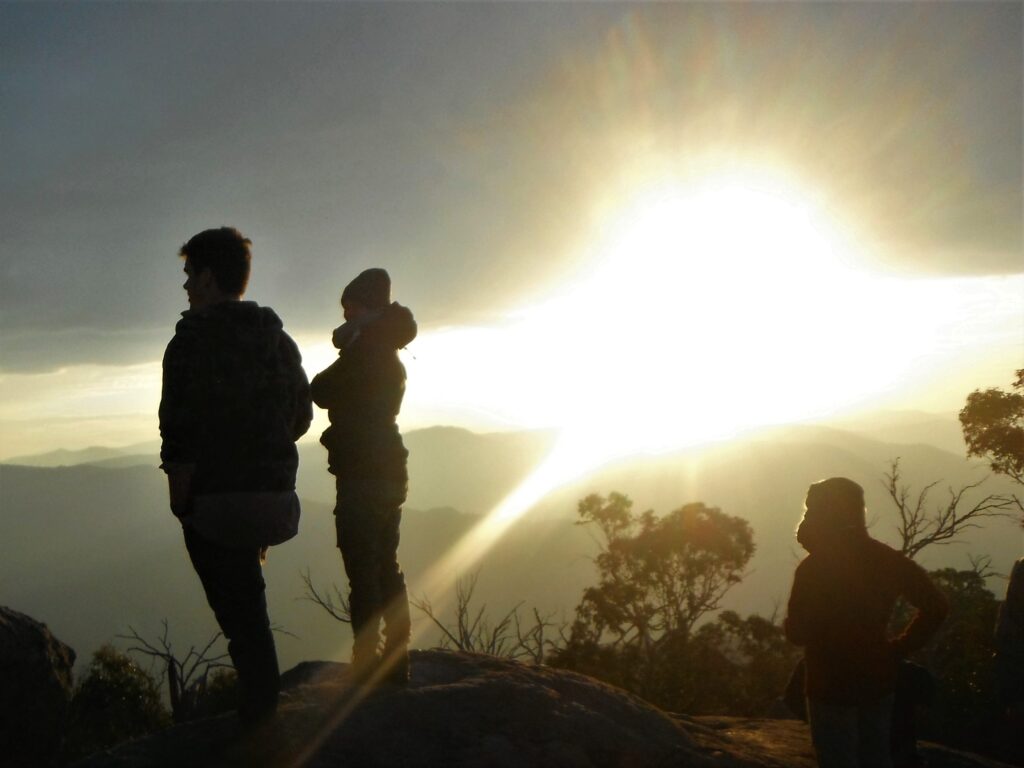Academics rave about the benefits of outdoor education: its ability to enhance student’s academic learning, fast-forward personal development and promote physical and emotional wellbeing, regardless of gender, ethnicity or socio-economic barriers. But despite the benefits, schools often find it difficult to introduce extra-curricular outdoor education. Why and what would make it easier?
From my conversations with educators it’s primarily around time. Principals recognise the benefits of a co-curricular Outdoor Education program but it often relies heavily, and unfairly, on a single staff member.
I’ve seen this first-hand. I founded an Outdoor Education business that facilitated the adventure learning component of the Duke of Edinburgh’s International Award. I saw a school’s entire Duke of Ed program collapse overnight when a key teacher left the school. So, how do you implement an Outdoor Education program at your school without placing excessive burden on one passionate individual? There are three established ways to do this.
Cadets – Outdoor Education with the Armed Forces
The first foray could be Australian Defence Force Cadets. Cadets runs throughout the school year, over multiple years, starting in Year 7. It operates like the Australian military with progression through ranks and develops teamwork, leadership and self-respect. Each Cadet Force is aligned with the traditions of the army, navy or air force with a different focus on land, sea or air activities as befitting the parent organisation. There is a lot of classroom-based theory and Cadets attend camps where they learn navigation, survival skills and receive firearms training.
Cadets is based on robust systems with a strong support network. Schools need to be aware there is additional workload placed on the Officer or Instructor of Cadets (teacher). This teacher may need additional time or human resources to manage the program as it grows.
Duke of Ed – Outdoor Education as part of a larger program
The Duke of Edinburgh’s International Award is another program that requires a long-term commitment and has great outcomes. There are three levels of award with each one running for a school year, usually starting in Year 9.
Outdoor Education, or Adventurous Journeys in Duke of Ed parlance, is one component of the award that also includes volunteer work, skill acquisition and physical activity. Adventurous Journeys are 2-4 day camps that can be outsourced to an Outdoor Education professional with appropriate risk management strategies, licensing and insurance.
Like Cadets, there are robust systems and support, and an administrative burden on the Award Leader (teacher). Your school might decide to share these duties across several teachers to avoid the situation I described earlier.
Expedition-Based Learning – Outdoor Education in it’s purest form
What if your school doesn’t want to, or can’t, invest in maintaining a year-long program?
An outsourced one-off immersive experience integrated with a specific year’s requirements could be the answer. Year 9, for example, can be tough for kids. They’re discovering who they are, school is becoming more serious and social interactions more complex. A five-day expedition based around building self-confidence, resilience and compassion offers outstanding results without the time commitment.
Like any excursion, schools must handle administration in the lead-up and cover staff replacements for teachers on the program, but the rest of the burden falls on the external provider.
Outward Bound
Take Outward Bound, for example. A typical experiential learning course runs from Monday through Friday and could involve bushwalking, canoeing, camping or abseiling. Outward Bound co-design the program with you to deliver your school’s desired outcomes. All challenges are contextualized with specific learning outcomes related back to real-life experiences at school.
The immersive nature of an Outward Bound expedition can deliver stronger and longer-lasting outcomes from five days than what part-time programs can achieve over longer periods. Tye, a 16-year-old participant said his Outward Bound course was “An amazing, fantastic, limit pushing experience that I will never forget or regret.”
A week-long outdoor education program with Outward Bound limits the burden on your staff and school while still delivering required outcomes.
Martin Foakes, Head of Outdoor Education at Tanglin Trust School, Singapore says “It is this sheer professionalism when it comes to technical instruction and specialist group leadership skills that stands out–and this is what enables us to commit to returning to Outward Bound Australia year after year for a Year 10 Rite of Passage program.”
I’m now in a fortunate position to work with schools whose commitment to experiential learning is baked into their identity. Cranbrook in the Field is an annual rite of passage journey for students of Cranbrook School in Sydney. Between Years 7 and 10, students transform from a Lord of the Flies every-man-for-himself to the maturity, camaraderie and adventurous spirit of Huckleberry Finn. It’s a powerful program revered by students, parents, teachers and community since 1970.
For St Francis Xavier College Victoria, the compulsory five-day expedition is an integral component of the Year 9 curriculum to develop resilience, leadership and independence. Students are encouraged to set higher expectations and levels of achievement for themselves. Outward Bound has run this program for over 35 years.
But Outdoor Education is not just for wealthier private schools. While it’s often easier for values-based schools to allocate resources to ideals the school community already values – those intangible qualities that transform students into good citizens – all students benefit from outdoor education. In fact “youths who grow up under adverse societal conditions are likely to profit the most from outdoor and adventure programs”[1] The Australian Outward Bound Development Fund offers scholarships for students who are financially, socially and geographically disadvantaged.
Outward Bound Australia, as part of the Outward Bound International network, has worked with more than 350,000 young Australians over 60 years. This means your students are safe; overseen by global best practice.
Whether your school chooses to implement or expand your Outdoor Education program through Cadets, the Duke of Ed Award or with a provider like Outward Bound, the benefits are clear. Now, if you can reduce the reliance on a single teacher to manage the program and minimize overall impact to the school, what’s stopping you from implementing an outdoor education program at your school?
Ian Wells
Business Development Manager
Outward Bound Australia
ian.wells@outwardbound.org.au
[1] (Mental health benefits of outdoor adventures: Michael Mutz, Johannes Müller 2013)


